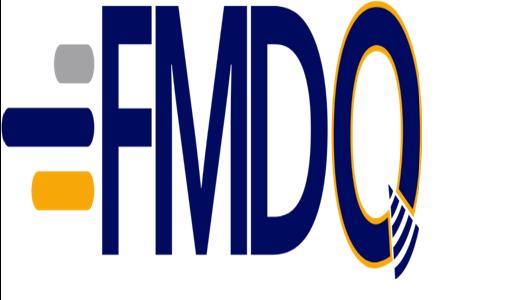

Q1, 2024: Despite 35.79% rise in NAFEX turnover, Naira continues to weaken
By Esther Agbo
The Nigerian Autonomous Foreign Exchange Fixing (NAFEX) market witnessed a significant surge in trading activity during the first six months of 2024, with foreign exchange (FX) turnover soaring by 35.79 percent to $52.78 billion.
However, despite the increase in trading volume, the Nigerian naira continued to struggle, raising concerns about the effectiveness of recent forex market reforms.
According to data from FMDQ Securities Exchange, which oversees the official forex market, March recorded the highest monthly turnover at $12.61 billion, with the naira trading at an average of 1524.04/$, marking a decline from $8.95 billion (N4.13tn) in the same period the previous year.
Similarly, May saw substantial trading with a turnover of $11.42 billion worth of forex at an average of 1435.87/$, representing an 83.89per cent increase compared to the $6.21bn recorded in corresponding to May 2023. However, this spike in activity has not translated into stability for the naira.
The FX turnover in April was $9.12bn (2023: $4.72bn), with February recording the fourth highest turnover at $8.54bn (2023: $5.88bn), June recorded $6.72bn (2023: $7.73bn), and January saw the lowest FX turnover at $4.37bn, which was lower than what it was in the same month of last year ($5.38bn).
The naira has faced severe depreciation pressures, closing at 911/$ by the end of 2023 and continuing its downward trend into 2024. Bloomberg reports that the naira was the worst-performing currency globally at the close of the first half of 2024, a situation driven by devaluation, dollar scarcity, and market volatility.
According to the Central Bank of Nigeria, Economic Report of February 2024, released recently, the average foreign exchange turnover grew by 180.47 per cent in one year to $240.64m as of the end of February.
It indicated that on a month-on-month basis, the average FX turnover in the official window rose by 131.59 per cent in February to $240.64m compared with $103.91m in January.
In June 2023, the Central Bank of Nigeria’s (CBN) abolished the segmentation of the FX market into different windows.
Despite the CBN efforts, including abolishing the segmentation of the FX market and reintroducing the “willing buyer, willing seller” model, the naira has not stabilised.
The reforms, intended to enhance price discovery and liquidity, have yet to yield the desired effect. As of Tuesday, the naira closed at 1,601/$ with a daily turnover of $61.90 million.
PricewaterhouseCoopers (PwC) highlighted the severity of the naira’s depreciation in its latest economic report, noting a staggering 67.8per cent decline from an average of 461.1/$ in May 2023 to 1,433.80/$ in May 2024.
This depreciation underscores the persistent challenges facing Nigeria’s forex market, despite the increased trading volumes.
As the CBN, now led by Dr. Olayemi Cardoso, continues its efforts to stabilise the currency, the naira’s performance remains a critical issue for the Nigerian economy, reflecting the complexities of balancing market reforms with real-world currency stability




